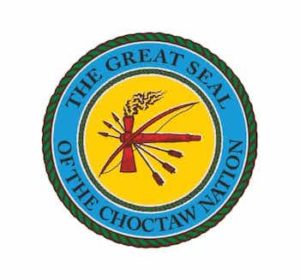
*The Choctaw Community in America is affirmed on this date in 1645. The Choctaw are a Native American people initially based in the Southeastern Woodlands of the states of Alabama and Mississippi.
Their Choctaw language is a Western Muskogean language. White French Europeans first noted the Choctaws in written records of 1675. The Choctaw merged as a people in the 17th century and developed at least three distinct political and geographical divisions: eastern, western, and southern. These different groups created separate, independent alliances with white Europeans. These included the French, Coushatta Tribe of Louisiana on the Gulf Coast, the English of the Southeast, and the Spanish of Florida and Louisiana during the colonial era.
They transitioned to yeoman farming methods and accepted white Europeans and Africans into their society. They practiced slavery and were designated as one of the Five Civilized Tribes by the American government. Most Choctaw allied with the Americans during the American Revolution, War of 1812, and the Red Stick War, most notably at the Battle of New Orleans. Their mother mound is Nanih Waiya, a great earthwork platform mound in central-east Mississippi. In 1830, they were victims of the Indian Removal Act.
Today, Choctaw people are enrolled in three federally recognized tribes: the Choctaw Nation of Oklahoma, the Mississippi Band of Choctaw Indians, and the Jena Band of Choctaw Indians in Louisiana. In mid-summer, the Mississippi Band of Choctaw Indians celebrates their traditional culture during the Choctaw Indian Fair with ball games, dancing, cooking, and entertainment. In the 21st century, The Choctaw Nation is the third-largest native nation in the United States, with over 200,000 tribal members.